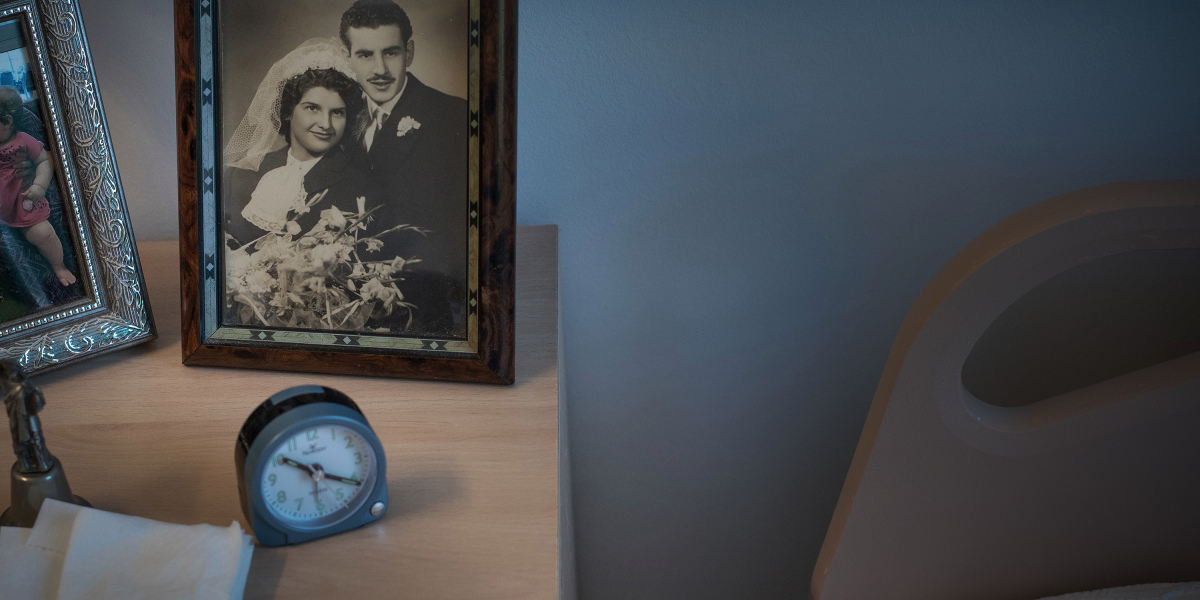
Are you hiding from covid-19? I am. The reason is simple: the high chance of death from the virus.
I was reminded of the risk last week by this report from the New York City health department and Columbia University which estimated that on average, between March and May, the chance of dying if you get infected by SARS-CoV-2 was 1.45%.
That’s higher than your lifetime chance of getting killed in a car wreck. That’s every driver cutting you off, every corner taken too fast, every time you nearly dozed off on the highway, all crammed into one. That’s not a disease I want to get. For someone my mother’s age, the chance of death came to 13.83% but ranged as high as 17%. That’s roughly 1 in 6, or the chance you’ll lose at Russian roulette. That’s not a game I want my mother to play.
The rate at which people are dying from the coronavirus has been estimated many times and is calculated in different ways. For example, if you become an official covid-19 “case” on the government’s books, your death chance is more like 5%, because you’re sick enough to have sought out help and to have been tested.
But this study instead calculated the “infection fatality ratio,” or IFR. That’s the chance you die if infected at all. This is the real risk to keep in view. It includes people who are asymptomatic, get only a sniffle, or tough it out at home and never get tested.
Because we don’t know who those people who never got tested are, IFR figures are always an estimate, and the 1.45% figure calculated for New York is higher than most others, many of which fluctuate around 1%. That could be due to higher rates of diabetes and heart disease in the city, or to estimates used in the study.
It’s also true that your personal odds of dying from covid-19 will differ from the average. Location matters—cruise ship or city—and so do your sex, your age, and whether you have preexisting health conditions. If you’re in college, your death odds are probably lower by a factor of a hundred, though if you’re morbidly obese, they go back up. Poor health—cancer, clogged arteries—also steeply increase what scientists call the “odds ratio” of dying.
